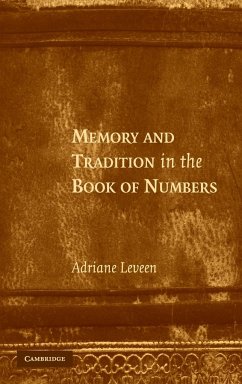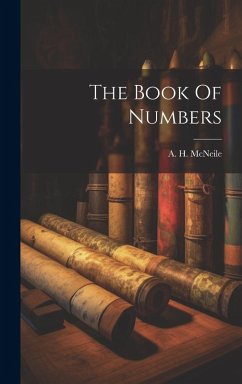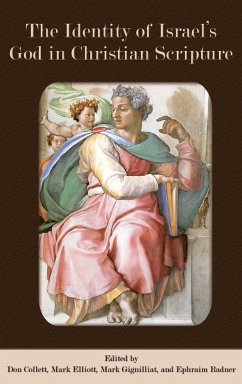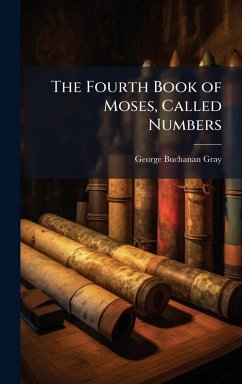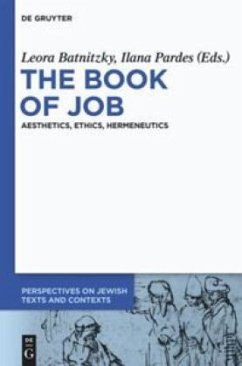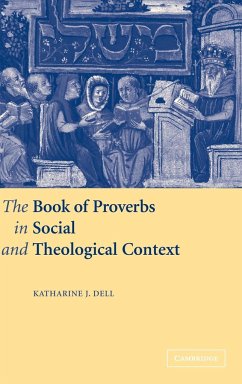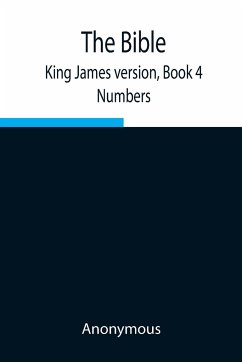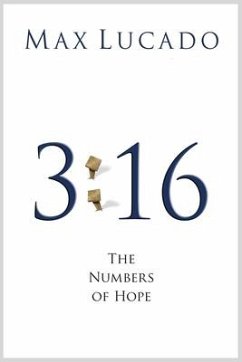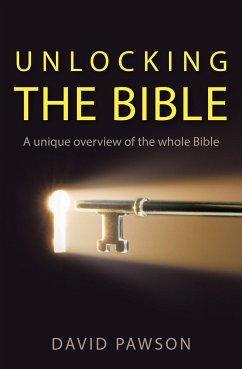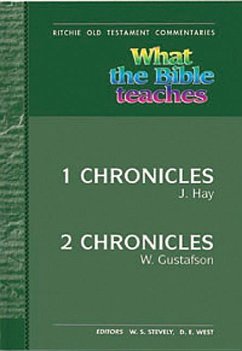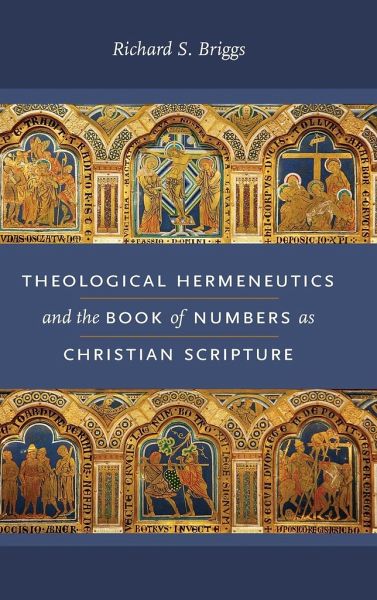
Theological Hermeneutics and the Book of Numbers as Christian Scripture

PAYBACK Punkte
24 °P sammeln!
How should Christian readers of scripture hold appropriate and constructive tensions between exegetical, critical, hermeneutical, and theological concerns? This book seeks to develop the current lively discussion of theological hermeneutics by taking an extended test case, the book of Numbers, and seeing what it means in practice to hold all these concerns together. In the process the book attempts to reconceive the genre of "commentary" by combining focused attention to the details of the text with particular engagement with theological and hermeneutical concerns arising in and through the in...
How should Christian readers of scripture hold appropriate and constructive tensions between exegetical, critical, hermeneutical, and theological concerns? This book seeks to develop the current lively discussion of theological hermeneutics by taking an extended test case, the book of Numbers, and seeing what it means in practice to hold all these concerns together. In the process the book attempts to reconceive the genre of "commentary" by combining focused attention to the details of the text with particular engagement with theological and hermeneutical concerns arising in and through the interpretive work. The book focuses on the main narrative elements of Numbers 11-25, although other passages are included (Numbers 5, 6, 33). With its mix of genres and its challenging theological perspectives, Numbers offers a range of difficult cases for traditional Christian hermeneutics. Briggs argues that the Christian practice of reading scripture requires engagement with broad theological concerns, and brings into his discussion Frei, Auerbach, Barth, Ricoeur, Volf, and many other biblical scholars. The book highlights several key formational theological questions to which Numbers provides illuminating answers: What is the significance and nature of trust in God? How does holiness (mediated in Numbers through the priesthood) challenge and redefine our sense of what is right, or "fair"? To what extent is it helpful to conceptualize life with God as a journey through a wilderness, of whatever sort? Finally, short of whatever promised land we may be, what is the context and role of blessing?




